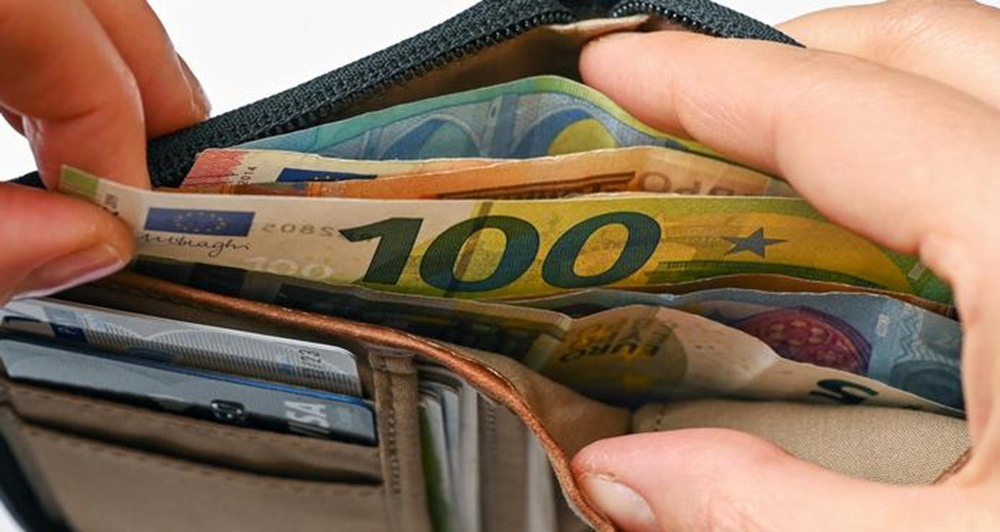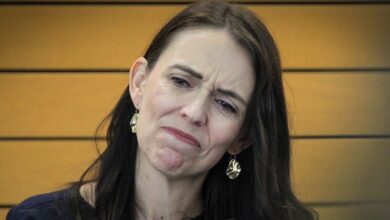Inflation in Germany at 30-year high

According to an initial estimate, it was already becoming apparent, and now it has been officially confirmed: inflation in Germany is at its highest level in around 30 years. There is a key reason for this.
Fueled by massive jumps in energy prices, inflation in Germany rose to its highest level since reunification in March. Consumer prices were 7.3 percent above the level of the same month last year, as the Federal Statistical Office announced on Tuesday.
The Wiesbaden authority thus confirmed an initial estimate. In February, the annual inflation rate was still 5.1 percent. After the Russian attack on Ukraine in late February, oil and gas prices shot up.
The last time the annual inflation rate in the old federal states before reunification was as high as in March 2022 was in autumn 1981, when mineral oil prices also rose significantly as a result of the effects of the First Gulf War.
Refueling and heating significantly more expensive
Consumers are currently feeling the increased inflation primarily when filling up and heating, but also at the supermarket checkout. At 144.0 percent, the prices for light heating oil have more than doubled. A visit to the gas station cost 47.4 percent more than a year earlier, and natural gas was 41.8 percent more expensive. Excluding energy, inflation would have been 3.6 percent in March.
Consumers had to pay 6.2 percent more for groceries than a year earlier, so the upward pressure on prices intensified. Edible fats and oils in particular became more expensive (plus 17.2 percent). Compared to the previous month of February, consumer prices climbed a total of 2.5 percent.
Criticism of the ECB is growing
Economists are currently expecting an average inflation rate of more than six percent in Europe’s largest economy for the year as a whole. In view of these forecasts, the criticism of the European Central Bank (ECB) under its President Christine Lagarde is becoming all the louder.
By raising interest rates, the ECB could make money more expensive and thus reduce the velocity of circulation. This, in turn, tends to keep inflation down. Most recently, the ECB was still reluctant to raise the key interest rate and only announced that it would scale back the high level of bond purchases. The Governing Council of the ECB will meet for the next interest rate meeting on Thursday.


